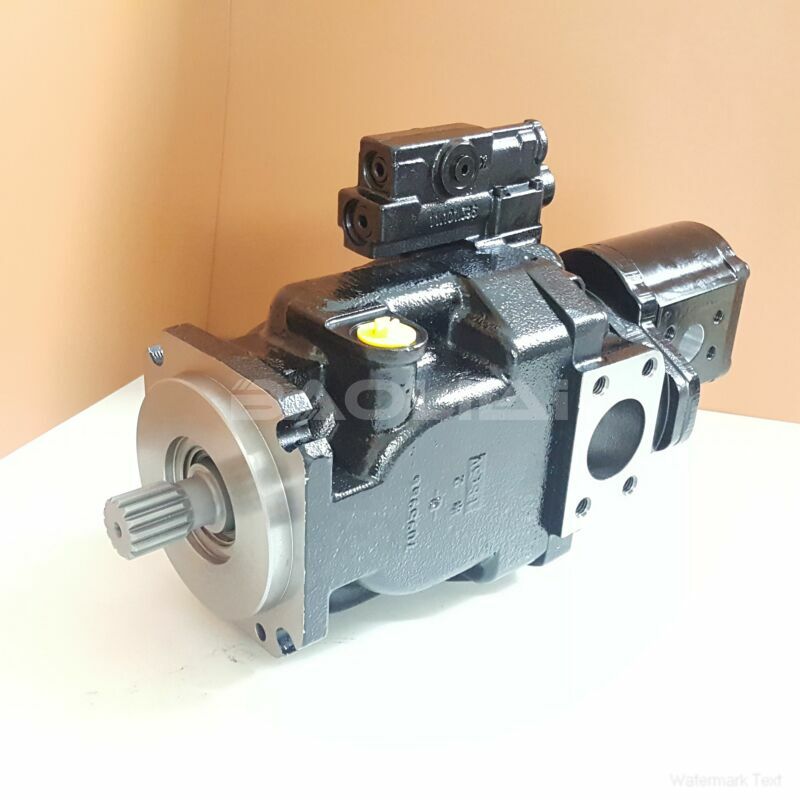FRL074BBS3120NNN3K4N2A1NAAANNNNNN high pressure pump
FRL074BBS3120NNN3K4N2A1NAAANNNNNN high pressure pump

- Product Details
- Applicable Scene
Piston pumps play a crucial role in the operation of heavy-duty trucks, serving as vital components in hydraulic systems that power various functions, from steering to lifting and braking. As the demands on these vehicles increase, ensuring the reliability of piston pumps becomes essential for maintaining performance, safety, and productivity.
FR-L-074B-BS-31-20-NN-N-3-K4N2-A1N-AAA-NNN-NNN
FRL074BBS3120NNN3K4N2A1NAAANNNNNN
One of the primary reasons piston pumps are favored in heavy-duty truck applications is their ability to deliver high-pressure outputs consistently. When transporting large loads across diverse terrains, the hydraulic systems in these trucks can face tremendous stress. Piston pumps excel in this environment due to their robust design and ability to handle demanding operational cycles. They can generate significant pressure with relatively small volumes of hydraulic fluid, making them efficient for heavy lifting and maneuvering tasks.

83017323
Reliability in piston pumps is inherently tied to several factors, including materials, design, and maintenance practices. Heavy-duty trucks typically operate in harsh conditions, which can lead to wear and tear on various components. Manufacturers have responded by using high-quality materials resistant to corrosion and wear. For instance, many piston pumps are made from hardened steel or advanced composites that can withstand the rigors of heavy-duty use.
Design innovations also enhance the reliability of piston pumps. Many modern pumps utilize features like pressure compensators, which maintain optimal performance by adjusting fluid flow based on operational conditions. This not only improves efficiency but also helps in reducing the likelihood of pump failure due to operational overload.
Moreover, regular maintenance is crucial for ensuring the longevity and reliability of piston pumps in heavy-duty trucks. Operators are encouraged to establish routine inspection and maintenance schedules that include checking fluid levels, inspecting for leaks, and monitoring system performance. Implementing a preventative maintenance program can significantly reduce the risk of unexpected breakdowns and extend the life of the hydraulic system.





